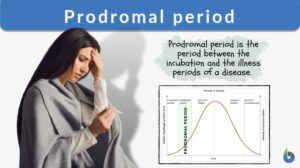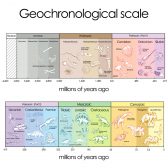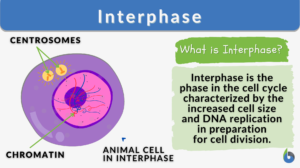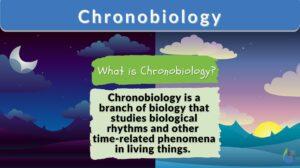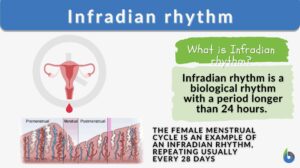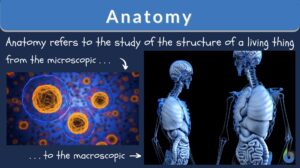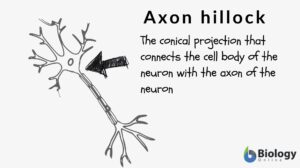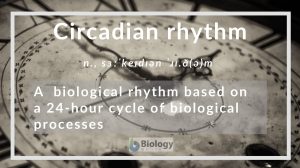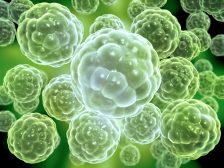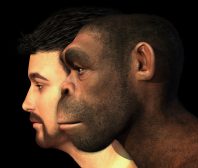Search Results for: period
Incubation period
Incubation Period Definition The incubation period is the time duration between exposure to the pathogen and the appearance... Read More
Prodromal period
There are five stages (or phases) of a disease. (Hattis, 2020). These stages are (1) Incubation period, (2) Prodromal... Read More
Illness period
Definition noun The period during which the clinical symptoms of the disease manifests Supplement The illness period is the... Read More
Geological Periods
Precambrian Times (Most Ancient) All time before life existed, Earth was still a volatile environment, though the origins... Read More
Convalescent period
Definition noun The period at which the symptoms begin to fade until the time the patient recovers from the... Read More
Interphase
Interphase is the critical period in the eukaryotic cell cycle characterized by a sequence of events like the G1 phase where... Read More
Eclipse period
Eclipse period The time between infection by (or induction of) a bacteriophage, or other virus, and the appearance of mature... Read More
Refractory Period
(neurology) the time after a neuron fires or a muscle fiber contracts during which a stimulus will not evoke a response.The... Read More
Absolute Refractory Period
An occurrence after a neuron has fired an impulse where the neurone cannot fire another pulse for a short time directly... Read More
Chronobiology
Chronobiology Definition Chronobiology is a branch of biology that studies time-related phenomena (e.g., biological... Read More
Prodromal stage
Definition noun The stage in which the early signs and symptoms of a disease appear but not yet clinically specific nor... Read More
Infradian rhythm
What is the Infradian Rhythm? An infradian rhythm is a type of biological rhythm that lasts longer than 24 hours, with a... Read More
Menstruation
Definition noun The periodic physiologic discharge through the vagina of blood, cervical mucus, vaginal secretions, and... Read More
Primary succession
Primary Succession Definition Primary succession is an ecological succession where a newly formed area is inhabited for the... Read More
Neural Control Mechanisms
Nerve cells called neurons generate electric signals that pass from one end of the cell to another and release chemical... Read More
Actions of Caffeine in the Brain with Special Reference to Factors That Contribute to Its Widespread Use
IV. Actions of Caffeine on Brain Functions and Behavior Having discussed the molecular and neuronal actions of caffeine,... Read More
Imprinting
What does imprinting mean? Have you watched the TV cartoon show “Tom and Jerry” with an episode of a duck and its... Read More
Vascular plants
Definition of Vascular plants The term 'vascular' is derived from the Latin word vāsculum, vās, meaning "a container and... Read More
Fluctuation test
Fluctuation test (Science: investigation) test devised by Luria and Delbruck to determine whether genetic variation in a... Read More
Axon hillock
Axon Hillock Definition What is axon hillock? If you are familiar with the different parts of the neuron, the axon hillock... Read More
Circadian rhythm
Circadian Rhythm Definition A circadian rhythm is an endogenously-driven biological rhythm with a period close to 24... Read More
Living things
Living Things Definition A living thing pertains to any organism or a life form that possesses or shows the characteristics... Read More
Ultradian rhythm
Definition noun, plural: ultradian rhythms A biological rhythm that is repeated throughout a 24-hour circadian day and... Read More
The Evolution of Cell Organelles
The previous tutorial page noted the emergence of protists, organisms that possessed a distinct cell nucleus and contained... Read More
The Dinosaurs
Everyone has heard about the dinosaurs. No doubt one of the reasons why is because of their size, another being the fact... Read More
The Homo Species
Over the long term, it looked like Homo would supersede any ‘similar model’ of animals due to their unique tool using... Read More
Population Growth and Survivorship
By: Maria Victoria Gonzaga Previously, we learned about biodiversity and endemism. Now, let's look at the... Read More

